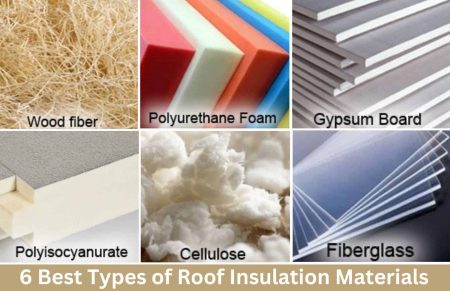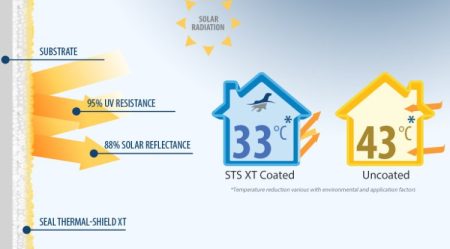Radiation Isolation in Electronic Devices and Components
Radiation is a significant concern when it comes to electronic devices and components. The presence of radiation can lead to performance degradation, malfunctions, and even permanent damage. Therefore, it is crucial to understand the impact of radiation and implement effective isolation measures. This article explores the importance of radiation isolation in electronic devices and components, highlighting the key considerations and strategies for protecting sensitive electronic systems.
Contents
The Impact of Radiation on Electronic Devices
Radiation can adversely affect electronic devices and components in several ways:
-
- Ionizing Radiation Effects: Ionizing radiation, such as gamma rays and X-rays, can cause ionization of atoms within electronic components, leading to charge buildup, material damage, and functional failure.
- Single Event Effects (SEEs): High-energy particles, such as protons and heavy ions, can induce SEEs, including single event upsets (SEUs), single event latch-ups (SELs), and single event transients (SETs). These effects can disrupt normal operation, alter stored data, or even cause permanent damage.
- Total Ionizing Dose (TID): Prolonged exposure to ionizing radiation can cause cumulative damage, resulting in performance degradation or premature failure of electronic devices.
Key Considerations for Radiation Isolation in Electroic Devices
Effective radiation isolation in electronic devices and components requires careful consideration of various factors:
1. Component Selection and Hardening
- Component Selection: Choosing radiation-tolerant or radiation-hardened components can significantly enhance the resilience of electronic systems in radiation-prone environments.
- Radiation Hardening Techniques: Employing techniques such as shielding, redundancy, and error correction codes (ECC) can improve the radiation tolerance of electronic components.
2. Designing Robust Shielding
- Electromagnetic Shielding: Implementing shielding materials and techniques, such as conductive enclosures and Faraday cages, can attenuate electromagnetic radiation and minimize interference.
- Radiation Shielding: Employing appropriate materials, such as lead, tungsten, or high-density polymers, can effectively attenuate ionizing radiation and mitigate its impact on electronic devices.
3. System-Level Protection
- Redundancy and Error Correction: Incorporating redundant components, backup systems, and error correction mechanisms can enhance system resilience and minimize the impact of radiation-induced errors.
- Isolation Techniques: Utilizing isolation techniques, such as isolation transformers or optocouplers, can prevent the propagation of radiation-induced disturbances and protect sensitive circuitry.
4. Environmental Monitoring and Mitigation
- Radiation Monitoring: Implementing radiation monitoring systems allows for real-time detection and analysis of radiation levels, enabling timely response and mitigation actions.
- Environmental Control: Maintaining proper temperature, humidity, and ventilation levels in electronic systems can help minimize the impact of radiation and ensure optimal device performance.
Frequently Asked Questions
Q1: How does radiation affect electronic devices? A1: Radiation can cause ionization, single event effects (SEEs), and cumulative damage, leading to performance degradation, malfunctions, or permanent failure.
Q2: What are some radiation hardening techniques for electronic devices? A2: Radiation hardening techniques include component selection, shielding, redundancy, error correction codes (ECC), and isolation techniques.
Q3: How can shielding protect electronic devices from radiation? A3: Shielding materials and techniques attenuate electromagnetic and ionizing radiation, reducing their impact on electronic devices and components.
Q4: What is the role of redundancy in radiation isolation? A4: Redundancy enhances system resilience by providing backup components or systems, reducing the likelihood of radiation-induced failures.
Q5: Why is radiation monitoring important in electronic devices? A5: Radiation monitoring enables the detection and analysis of radiation levels, facilitating timely response and mitigation to minimize the impact on electronic devices.






